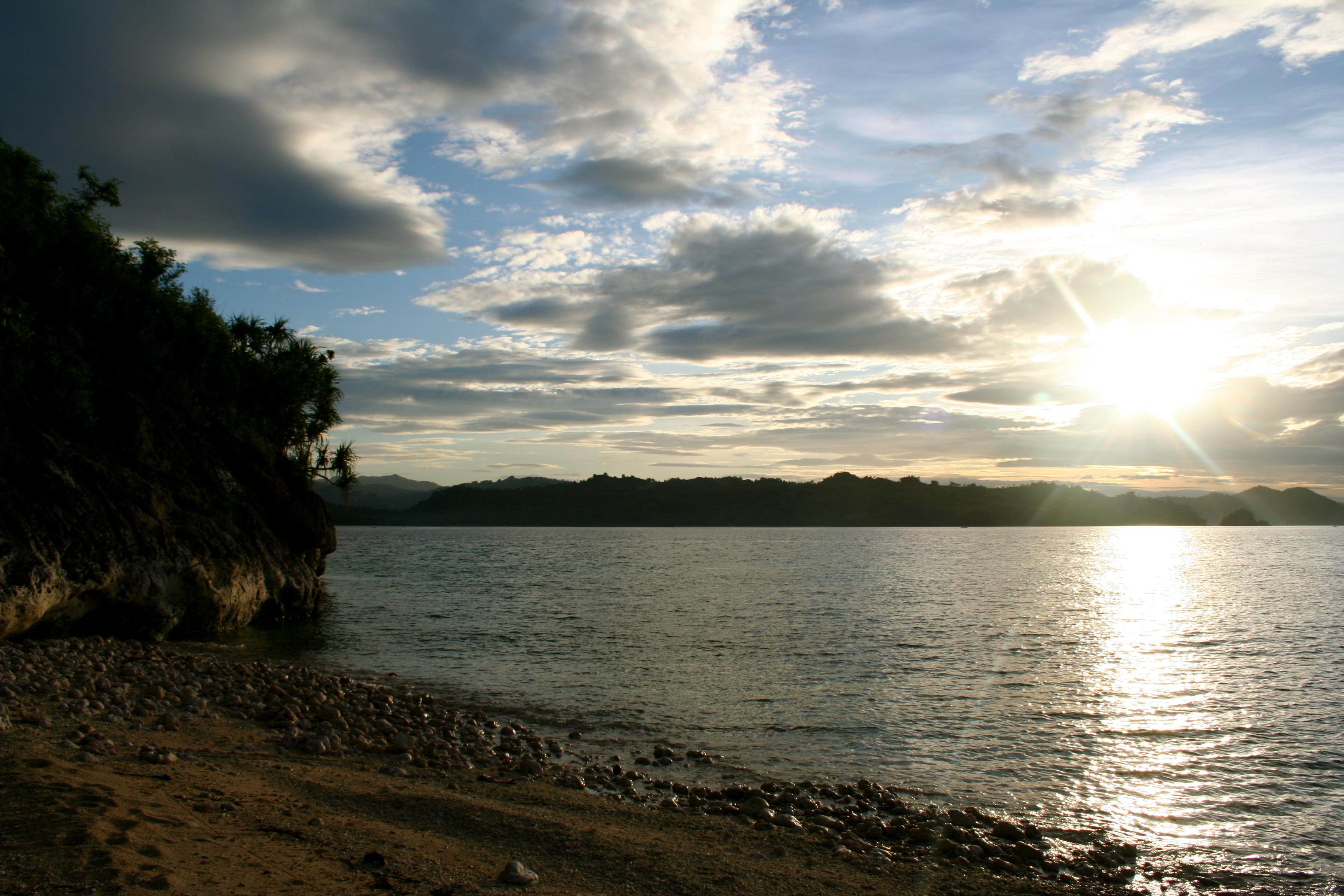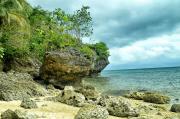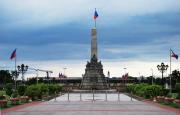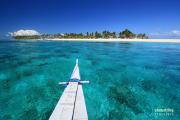
A Panoramic Sunrise at Turtle Island, Tawi-Tawi
Tawi-Tawi is an island province of the Philippines located in the Autonomous Region in Muslim Mindanao (ARMM). The capital of Tawi-Tawi is Bongao. The province is the southernmost of the country sharing sea borders with the Malaysian State of Sabah and the Indonesian East Kalimantan province. To the northeast lies the province of Sulu and to the west is Sabah in Malaysia. Tawi-Tawi also covers some islands in the Sulu Sea to the northwest, the Cagayan de Tawi-Tawi Island and the Turtle Islands, just 20 kilometers away from Sabah.
History
Sibutu remained under Spanish rule until 1900.
Tawi-Tawi was previously part of the province of Sulu. On September 11, 1973, pursuant to Presidential Decree No. 302, the new province of Tawi-Tawi was officially created, separate from Sulu. The seat of the provincial government was established in Bongao.
The name of Tawi-Tawi is a projection of the Malay word "jauh" meaning "far." Prehistoric travelers from the Asian mainland would repeat the word as "jaui-jaui" to mean "far away" because of the distance of the islands from the continent of Asia. The word "Tawi-Tawi" was picked up to later become the official name of the province.
Tourism
Wild cattle, wild hogs, and monkeys of the brown and white variety are just some of the many exotic fauna that abound in the forests of mainland Tawi-Tawi. Lying at the southwestern tip of the Philippines, accessible in only a matter of hours from Sabah in Malaysia, Tawi-Tawi is a province to visit for its natural zoos and a world all its own.
At Sibutu, wild hogs come in rampaging bands of black, reddish brown, white, and spotted black and white. A hunter's paradise, Sibutu also boasts of the sleek and rare "labuyo" or wild rooster, birds of the edible variety – the balud, tabon, kingfisher, orioles, dandunay of the peacock variety, and more – as well as pet birds such as green, gold, and white parrots, canaries, lovebirds, and so much more.
Seagulls, known to the natives as “tallah-tallah,” have settled by the thousands at Gusong Reef in Cagayan de Tawi-Tawi to lay their eggs there. Gusong Reef is a top producer of the delicious turtle eggs, ranking second to the Turtle Islands. Bongao Peak is a veritable monkey sanctuary, which also provides a view of the expanse of sea and the necklace of islands for miles around.
Tawi-Tawi can easily transport one to a whole other world. Eye-catching Sitangkai is considered the “Venice of Tawi-Tawi.” The Royal "Kupunga" rises straight out of an Arabian setting. The Malay influences as well as tribal arts and crafts are very much visible in the province. Here, it is not uncommon to see folks dressed in colorful malongs, the women adorned in beads and brass trinkets.
Geography
- Tawi-Tawi lies at the southwestern tip of the country. Irregular in shape, with splashes of white sandy beaches and rock-bound coasts, the province has 107 islands and islets with a combined land area of 462 square miles.
Climate
- Tawi-Tawi has two seasons: dry and wet. The climate is generally moderate. The wettest months are from August to November. The other months of the year are generally dry with occasional rain showers.
Dialect
- The prevailing dialect is Samal, which is widely used in varied tones and accents. The Tausug dialect is also spoken, as are English and Filipino (Tagalog). Many local traders can speak Malay and Indonesian.
Major Industries
- Agriculture, fishing, and agar-agar farming are the leading sources of livelihood of the people of Tawi-Tawi, with quite a number engaged in the barter trade business. Copra is the top agricultural produce, followed by root crops, fruits, and vegetables.
Transportation
- Sanga-Sanga Airport, the main airport of the province, is located in the municipality of Bongao.
- Cebu Pacific began operating daily flights from Zamboanga City to Tawi-Tawi Province starting October 14, 2011, utilizing its 150-seater Airbus A319 aircraft.
- A sea connection to other parts of the Filipino archipelago as well as an international route to Semporna, Malaysia also available from Bongao.
- The oldest mosque in the Philippines can be found in Tawi-Tawi, as well as ethnic groups Sama, Jama Mapun, Tausug and Badjaos. It also serves as a gateway to Sabah, Malaysia.










